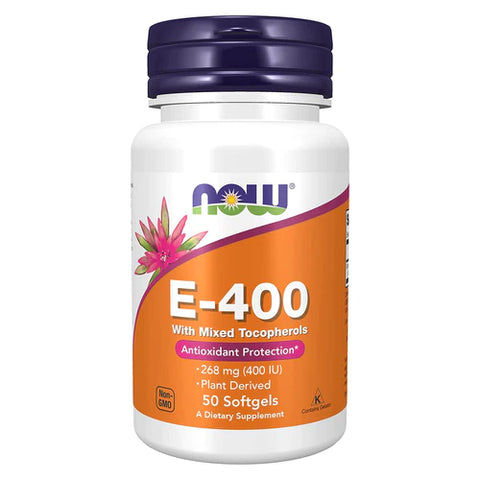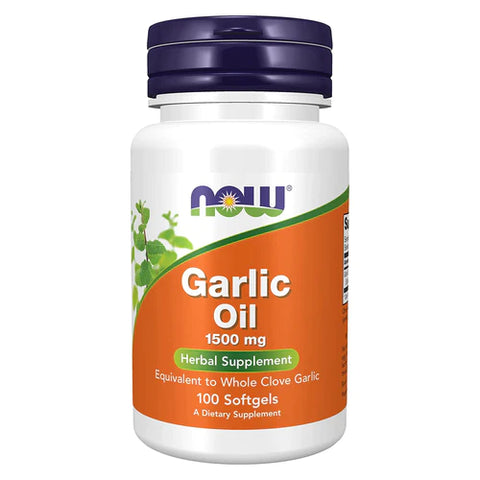Blood-thinning supplements and vitamins are dietary supplements that have the ability to reduce the risk of blood clots. They work by inhibiting the formation of blood platelets, which are cells that play a key role in the blood clotting process, and/or by reducing inflammation in the body.
Omega 3 fatty acids blood thinning
Omega-3 fatty acids, which are found in fish oil and certain types of nuts and seeds, have been shown to have blood-thinning properties. The main omega-3 fatty acids that have these effects are eicosapentaenoic acid (EPA) and docosahexaenoic acid (DHA).
When omega-3 fatty acids are consumed, they are incorporated into the cell membranes of the blood cells. This makes the blood cells less sticky, which reduces the likelihood of blood clots forming. Omega-3 fatty acids also reduce inflammation in the body, which is another mechanism by which they may help to reduce the risk of blood clots.
Some studies have also shown that supplementing with omega-3 fatty acids may lower the levels of triglycerides and lipoproteins, which are two types of fats in the blood that can increase the risk of heart disease.
It's important to note that omega-3 fatty acids supplements may interact with blood-thinning medication such as warfarin or other antiplatelet medication and increase their effects, leading to an increased risk of bleeding, so it is important to speak with a healthcare professional before taking any new supplement or vitamin, especially if you are already taking blood-thinning medications.
You can also get omega-3 fatty acids from foods, such as fatty fish like salmon, mackerel, sardines, and tuna. Eating these fish in moderate amounts is considered a good idea for overall health and can provide good omega-3 fatty acids.
Recommended Product:
Vitamin E is a blood thinner
Vitamin E is an antioxidant that has been shown to have blood-thinning properties. Studies have suggested that vitamin E may reduce the formation of blood clots by inhibiting the formation of blood platelets, which are cells that play a key role in the blood clotting process. It may also help to reduce inflammation in the body, which can also contribute to the formation of blood clots.
Vitamin E is found in many foods, including nuts and seeds, leafy green vegetables, and fortified breakfast cereals. It is also available as a dietary supplement in various forms such as capsules, tablets, and oils.
However, it's important to note that Vitamin E supplements may interact with blood-thinning medications such as warfarin or other antiplatelet medication and increase their effects, leading to an increased risk of bleeding.
In general, it is recommended to get your nutrients primarily from a balanced diet, including a variety of foods that provide the required vitamins, minerals and other nutrients. Rather than relying on supplements, it is always better to follow a healthy diet with a mix of fruits, vegetables, whole grains, lean protein and healthy fats.
Recommended Product:
Garlic supplement blood thinner
Garlic supplements are often marketed as a natural blood thinner, and there is some scientific evidence to support this claim. The active compounds in garlic, including allicin, have been shown to have blood-thinning properties that can help to prevent blood clots from forming.
However, it's important to note that the effect of garlic supplements on blood thinning may vary depending on the person, the dosage, and the form of the supplement used. Additionally, garlic supplements may interact with other blood-thinning medications, such as warfarin or aspirin, so it's important to talk to your doctor before taking them if you are taking any blood-thinning medications.
It's also important to note that while garlic supplements may have some blood-thinning effects, they should not be used as a replacement for prescribed blood-thinning medications without consulting your doctor. It's always better to use the lowest effective dosage, and not to exceed more than 4 cloves per day of fresh garlic.
It's also important to keep in mind that there are various factors that can affect the blood's ability to clot, and that there are many ways to promote healthy blood flow. A healthy diet, regular exercise, and avoiding smoking and excessive alcohol consumption are all important steps that can help to promote cardiovascular health.
Recommended Product:



